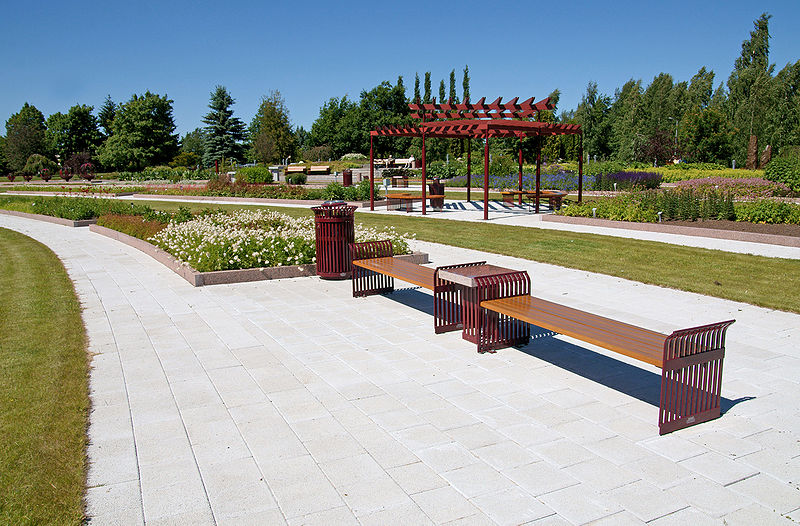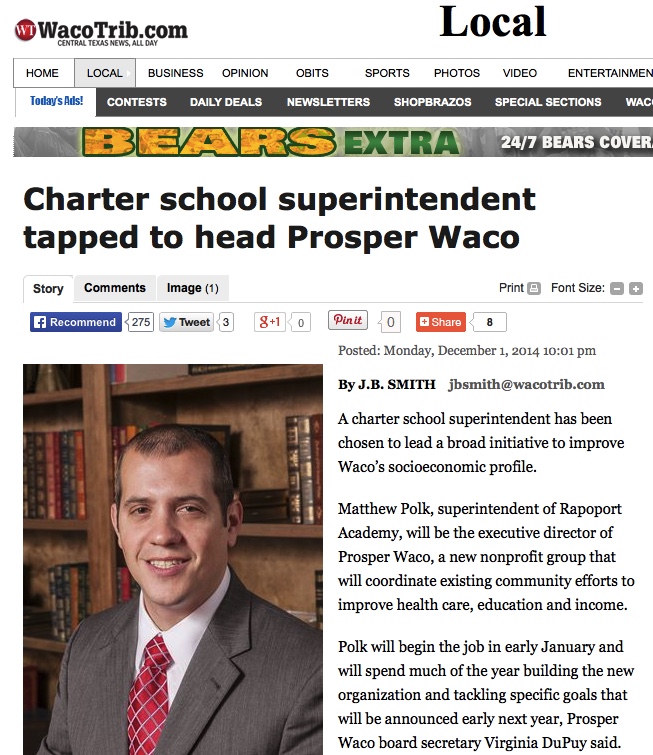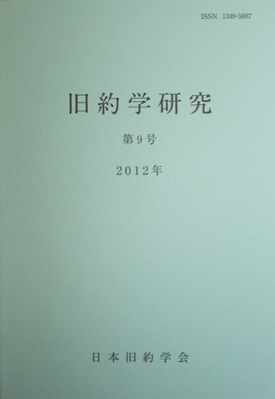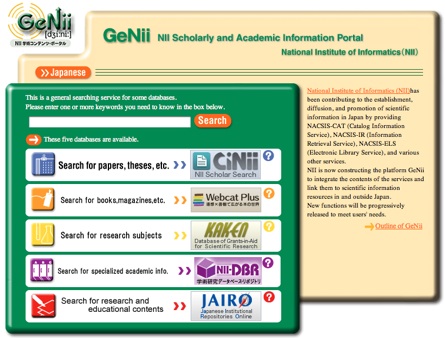“Against you, you alone, have I sinned”
Miserere mei, Deus (Have Mercy on Me, O God)
Most likely you have read, sang, or at least heard the words of Psalm 51, the Bible’s most well-known and beloved “penitential” psalm, in one form or another (you might enjoy the performance at the bottom of this post while reading). In many traditions, Psalm 51 is specially chosen for prayerful reflection during Holy Week and Lent (especially Ash Wednesday), but it can also be frequently heard in regular services throughout the year. For instance, do these verses sound familiar?
Have mercy on me, O God, according to your steadfast love; according to your abundant mercy blot out my transgressions.
Wash me thoroughly from my iniquity, and cleanse me from my sin. (Verses 1–2)Create in me a clean heart, O God,
and put a new and right spirit within me.
Do not cast me away from your presence,
and do not take your holy spirit from me.
Restore to me the joy of your salvation,
and sustain in me a willing spirit. (Verses 10–12)The sacrifice acceptable to God is a broken spirit;
a broken and contrite heart, O God, you will not despise. (Verse 17)*
According to the title line that precedes the psalm, this prayer was composed by King David “when the prophet Nathan came to him, after he had gone in to Bathsheba.” It might have as well said, “…after he committed adultery with Bathsheba, secretly ordered her husband’s death, and took her as his wife.” If you do not know the story well, take a few minutes and read it in 2 Samuel 11–12.
*I am quoting from the New Revised Standard Version (NRSV). Of course, there are small differences in wording among the various versions (KJV, NRSV, JPS, ESV, NIV, etc.), but I think they are close enough that you can hear your favorite version pulsing behind any of them if you are at all familiar with this psalm. Also, note that the passage in question is the 6th verse in some translations. And in Eastern Orthodox versions that follow the Septuagint, the psalm in question is the 50th psalm instead of the 51st.
Against you, you alone…?
Now, with the story of David and Bathsheba in mind, look at the first half of verse 4:
Against you, you alone, have I sinned, and done what is evil in your sight…
Taken by itself, this line is easy enough to understand. But how about when you read it as David’s prayer of repentance after the prophet Nathan confronted him? I will not rehearse that episode here. For the moment, it is enough to consider Nathan’s charge against David:
Why have you despised the word of the LORD, to do what is evil in his sight? You have struck down Uriah the Hittite with the sword, and have taken his wife to be your wife, and have killed him with the sword of the Ammonites. (2 Samuel 12:9)
This was no simple affair between consenting adults. King David used his position of power to take another man’s wife for his sexual pleasure. And when he failed to cover it up, he essentially sentenced Uriah to death (and possibly other soldiers who died along with him).
King David’s Sin in Light of the Decalogue
To put it in simple, “biblical” terms, one might argue that King David broke the last six of the Ten Commandments, namely, all of the commandments that regulate human relationships. The obvious ones are these:
“You shall not covet . . . your neighbor’s wife.”
“You shall not commit adultery.”
“You shall not murder.”
But how about the others? Though he may not have broken the letter of the following commandments, it is not difficult to see how he violated ethical principles behind them.
“You shall not steal.”
Of course, David’s “theft” of another man’s wife is covered under the commandment against adultery. But the prophet himself characterized David’s crime as one of theft (2 Samuel 12:1–4, 7–9).
“You shall not bear false witness against your neighbor.”
Though the original command may be primarily applicable in legal settings where people are taking oaths and testifying before elders or judges in order to settle lawsuits and the like, the spirit of the commandment prohibits deceitfulness and false reports that hurt one’s “neighbor.” If King David had been successful with his coverup, his deception would have led Uriah and nearly everyone around him — including David’s own child and future descendants — to believe that Uriah was the father of King David’s child. When that failed, King David’s secret ruse resulted in Uriah’s death; it threatened to undermine Joab’s reputation as a competent commander on the battlefield (see Joab’s concern in 2 Samuel 11:18–21); and it placed public blame for Uriah’s death on the Ammonites instead of King David himself, the real conspirator behind it.
“Honor your father and your mother.”
Even in highly individualistic societies, parents are shamed by the crimes of their children. How much more so in communitarian societies such as ancient Israel (for instance, consider the nature and significance of the “house of the father,” or bet ‘ab, as a social unit in ancient Israel)? As the prophet declares, David’s crimes would have lasting repercussions for his family, and very public ones at that (see 2 Samuel 12:10–12). Though David did not intentionally act to dishonor his father and mother, he brought shame to them and their extended family nonetheless.
Confessing Sin Against . . . Whom, Exactly?
Whatever one might conclude about David’s violation of certain commandments, the point is this: King David committed heinous crimes against his loyal servants, against his neighbors. In light of all this, then, how can a reader who views this psalm as King David’s own confession make sense of the statement in Psalm 51:4, “Against you, you alone, have I sinned”?
In fact, most Bible scholars today do not think that David was the actual author of this psalm. They are fairly certain that the psalm “titles” (or “superscriptions,” as scholars often call them) were added long, long after the psalms were composed and adopted for use in ancient Israel’s worship. But apart from a few notable exceptions, even scholars who think Psalm 51 was composed centuries after King David’s time still view the psalm as a prayer composed for the purpose of confessing personal and/or communal sins . . . including, if not especially, sins against other people.
So whatever you think about the psalm’s origins, this basic problem remains:
What does it mean for someone who has deeply hurt his or her neighbor to tell God, “Against you, you alone, have I sinned”?
———
How would you answer this question? Give it some thought. Then come back to see how commentators from ancient to modern times have answered it, and to consider what we might learn from (and about) their approaches to this confession of sin.
 RSS - Posts
RSS - Posts










Raymond 2:59 pm on February 23, 2015 Permalink |
Thats a great article indeed. We sell our beliefs our religions each time we sin. We violate so many other principles and laws and bring shame to Christianity.
John 3:49 am on November 13, 2015 Permalink |
Randall, Thank you for writing and sharing this post. I appreciate it because, quite frankly I stumbled upon it, my spirituality has ebbed rather than flowed. Reading the comments provoked thought and reflection. I believe it’s time for me to pick-up my bible again. Thanks.
Kurt 5:30 am on February 24, 2015 Permalink |
That is a great question Randall. And I think it’s one of those that we’ll not know the answer to, this side of heaven. I’m no Bible scholar and could only offer speculation. That being said, here’s a simple thought to consider: It seems to me that when we sin against people, we’re sinning against other sinners, so it’s not the same as sinning against our God who is without sin. So it’s in that sense that we’re sinning against God and God alone as the Psalmist says. Because our God is the only One who perfectly does not deserve for anyone to do anything against Him.
Thanks for the interesting and provocative post!
Randall Short 10:25 am on February 24, 2015 Permalink |
Thanks for sharing the thought. At some point I plan to introduce some classical and modern commentaries that make suggestions along that line (among other possibilities). It’ll be an interesting idea to consider and explore more deeply.
Amazing 3:40 am on February 25, 2015 Permalink |
Thank you for this article Sensei,
I found it quite interesting especially the question that you raise at the end. I am preaching a series on 2 Samuel and we were in chapter 12 last Sunday So this is makes your article even more interesting for me. One of the books I am using for this series is ‘2 Samuel, Out Of Every Adversity’ by Dale Davis. He cites the story of Franz Joseph Haydn a musical genius whose wife had so little regard for his composing genius that she cut up his manuscripts to use for hair-curling papers. Ralph Davies asks the question ” was she merely expressing contempt for his music? certainly not. Her contempt for his music was only a visible sign for her contempt of him.
David did sin against Bathsheba, Uriah and to some extent his army but viewed in the right perspective he sinned against God or as the Samuel text puts it he despised Yahweh. Hence David is realizing that greater sin is actually against none other than Yahweh.
I agree with Kurt’s response, Its no longer about our hurting the neighbor that’s at stake but realizing how that sin despising Yaweh himself.
Randall Short 9:23 am on February 25, 2015 Permalink |
Thanks for taking the time to comment, Amazing!
That’s a great story about Haydn’s wife. I can’t help but wonder what she’d say if asked why she did that — for instance, did she have any reason to feel like he loved music more than her? — but I won’t go there.
I think this answer has a wide appeal. In the next few days I’ll share some reflections on a commentary that more or less takes this approach, so I’m holding back from saying too much myself here (in this post I mainly wanted to raise the question and encourage others to think about it with me; thanks again for doing that). But I’ll share just one thing that comes to mind right now.
I think it’s significant that the Lord’s Prayer includes both divine and human forgiveness (And forgive us our trespasses, as we forgive them that trespass against us”). There, too, sin against God appears to be the primary (first order) concern, but the prayer implies that sin against other people (also) needs to be forgiven by people and not God alone. One could argue, of course, that this does not “apply” to the sin or spirit of Psalm 51. But I wonder. Whatever the case, I think that this line (Ps 51:4) raises all sorts of religious, theological, and ethical questions that are worth thinking and talking about. Please continue to read and interact! (And say hello to your family for the Shorts.)
Medav 11:32 pm on February 25, 2015 Permalink |
The many times I have read and sang this chapter, I have found it remorse that questioning it has been the last thing I thought of. This question is insightful. It provoked me to ask questions both from my perspective and from – assuming – David’s perspective. My questions were not exhaustive but led me to the great commandment – love for God and for neighbor.
Reflecting the passage, I quickly thought David showed no love for neighbor not until I gave it more thought. David must have known his weakness. He was imperfect. Perhaps, he struggled not to sin but it was inevitable. I suppose, he might have thought of asking his neighbors for forgiveness; but by virtue of being imperfect, it would be unbearable to do this often, take for example 70 times 7 times, the inverse for forgive. He might have thought of his status as a king, an image to protect.
David had this revelation that the best place to go was before God – the ultimate love and forgiver. I don’t imply that sinning became his habit. David had the fear of God in him as depicted in many of his psalms; more so, God highlights him as a man after His heart. David understood that his love for God was connected with his love for neighbor. He realized the crimes he committed were not only against his neighbors but also against God thus when he repented before God he had his guilt for his neighbors covered.
Thanks Dr. Short for the question. I look forward to learn more from the commentaries.
Randall Short 8:13 pm on February 26, 2015 Permalink |
Thank you for sharing your reflection, Medina.
I think you have a talent for composing midrash (and I mean that in a good way). As you probably remember from reading Gary Anderson’s Genesis of Perfection in the course on Adam and Eve, a good midrash offers an imaginative and meaningful interpretation of a text by filling in the “gaps” in a text. I really enjoy that ancient approach to the biblical text.
So I think your midrashic retelling of the story is quite beautiful (if I understand your meaning correctly, I especially like your image of it being unbearable for David). I can easily imagine you inspiring people with this sympathetic image of David.